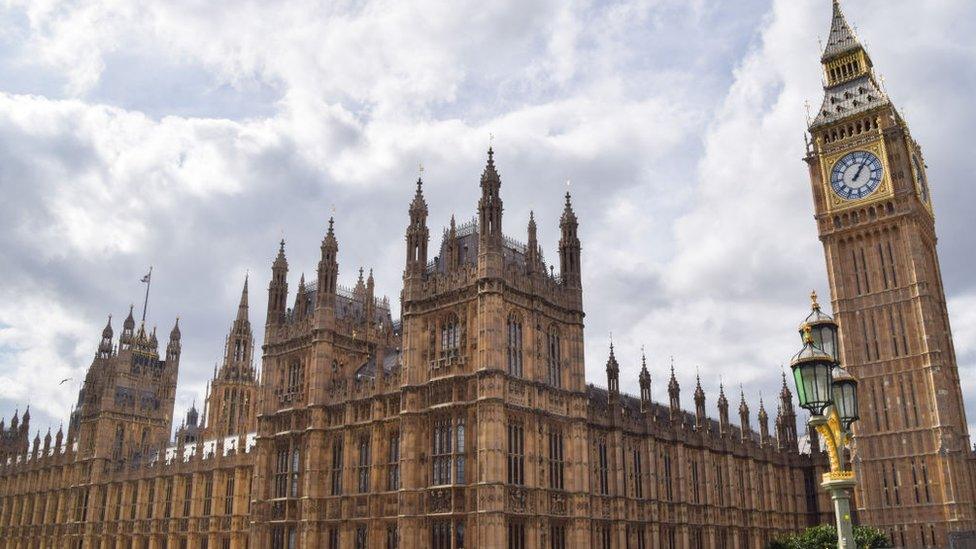EU copyright law: Your memes and GIFs are safe
- Published
- comments
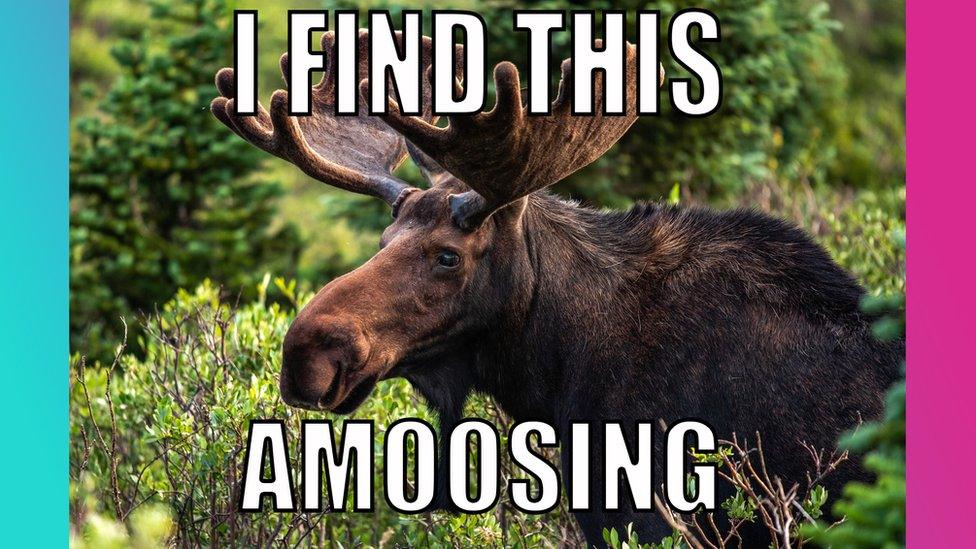
The future of your favourite memes and GIFs have been at risk!
This was due to something called copyright laws.
"Why is this happening?", "What even are copyright laws?", "Can I still share memes?!" I hear you ask.
Well, buckle in for Newsround's explainer telling you all you need to know!
What is copyright law?
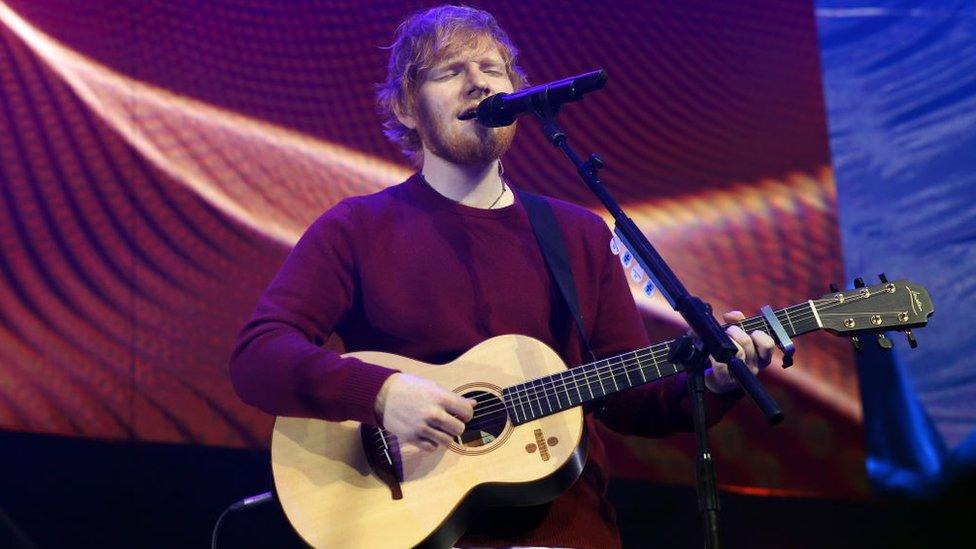
Singer-songwriter Ed Sheeran
Copyright is the legal right that you get when you make something creative.
For example, if you create a piece of music you will own the copyright in that music.
It allows an artist to protect how their original work is used.
Copyright allows you to stop other people copying the works that you have created.
Owning the copyright of something (e.g. a song, photograph, drawing,) gives the owner the right by law to control how a piece of work is used.
What is the new law?
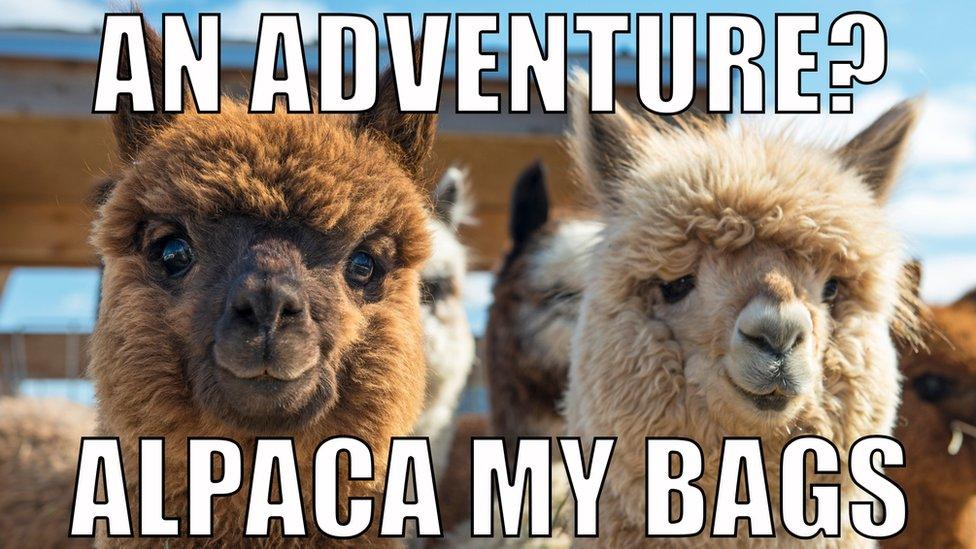
The new copyright law, called the EU Copyright Directive, has been voted in by the European Parliament.
Critics say these new laws could change the internet.
The new rules will hold tech firms responsible for material posted without copyright permission.
However, don't worry, sharing memes and GIFs will still be allowed under the new laws! Phew!
What do people think?

Sir Tim Berners-Lee originally invented the world wide web. He has warned about the possible consequences of copyright changes
The response to the law has divided opinion.
Many musicians and creators say the law will allow artists to be paid fairly. But others argue that they will destroy user-generated content, such as memes.
Robert Ashcroft, chief executive of PRS for Music - a company that collects money for music artists - welcomed the law as "a massive step forward" for consumers and creatives.
However the campaign group Open Knowledge International described it as "a massive blow" for the internet.
It helps make the internet ready for the future, a space which benefits everyone, not only a powerful few
Tech companies have argued that artists are already paid fairly under the current system. Google said it would "harm Europe's creative and digital industries."
The new law is designed to stop big tech companies from earning lots of money based on the work of creatives and journalists.
It is now up to each country in the EU to approve the decision. If they do, they will have two years to bring it in once the law is officially published.
What is Article 13?
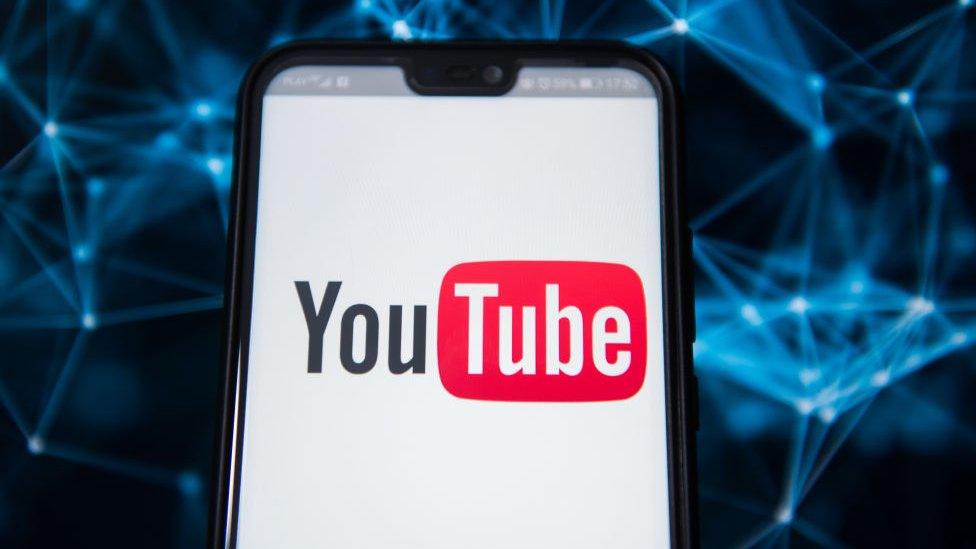
Article 13 is an element of the new EU copyright law. It says that services such as YouTube could be held responsible if their users upload copyright-protected movies and music.
Tech companies already remove music and videos which are copyrighted, but under the new laws they will be more responsible for any copyrighted content.
Article 13 does not include cloud storage services, non-profit online encyclopaedias, and parody - which includes memes.
Many in the entertainment industry support Article 13, as it will make websites responsible if they fail to license material or take it down.
Will Article 13 affect video game streamers?
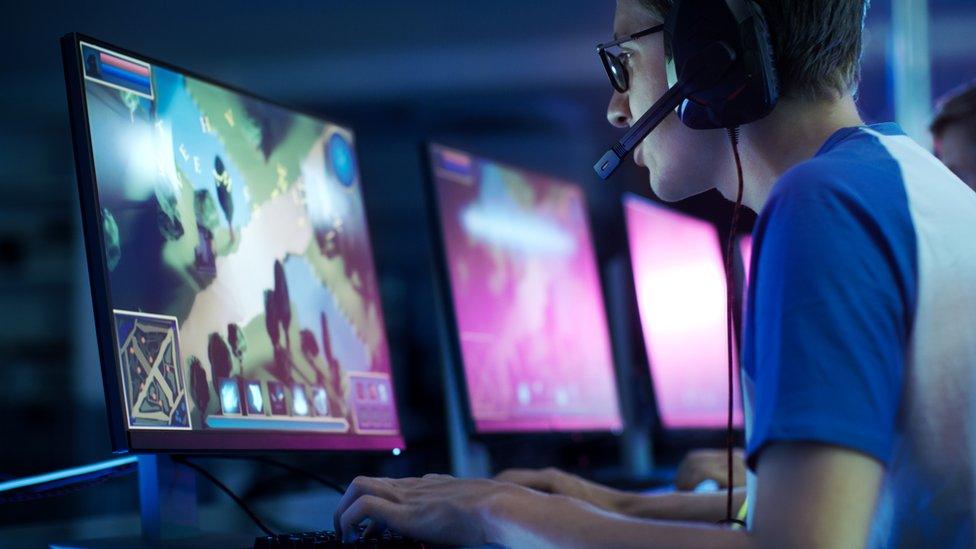
The new law may even affect gamers out there who share their gameplay on video-streaming services such as Twitch and YouTube.
But it's pretty complicated because there can be multiple copyrights within one single video.
"When a gamer creates a video game video for YouTube, the video itself is a new copyright work owned by the gamer. However, as it also incorporates copyright works owned by the video game studios, the authorisation of both the gamer and the studio would be required to put it online." explained lawyer Kathy Berry.
Currently, most video game publishers let gamers share videos of their gameplay online.
In theory, if Article 13 became law, games studios could tell Twitch and YouTube not to show videos of its games.
Gamers may be able to argue that their videos follow the rules because they have added their own commentary, criticism or review.
But because the law is so new, it is still unclear how this will play out.
For now at least, one thing is for certain, your memes are safe!
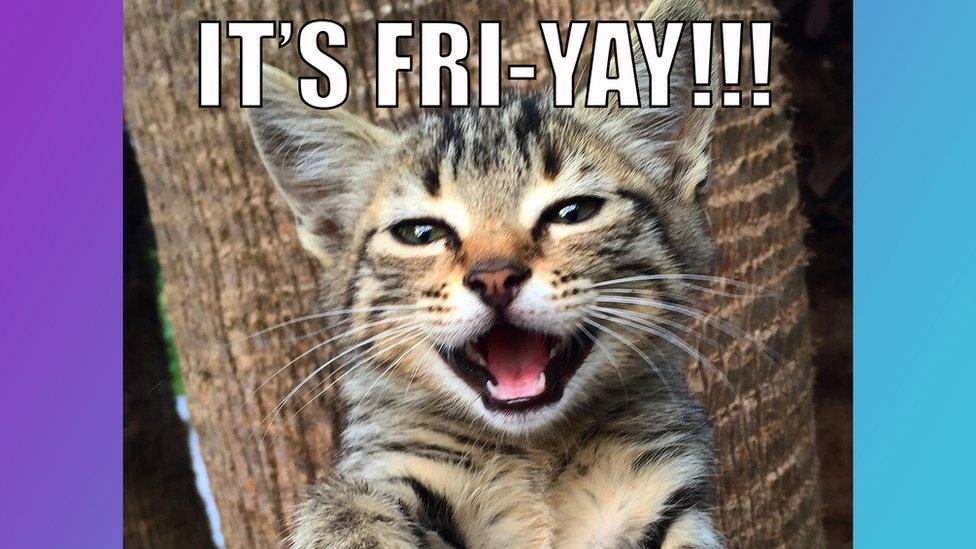
- Published21 March 2019

- Published27 October 2023
